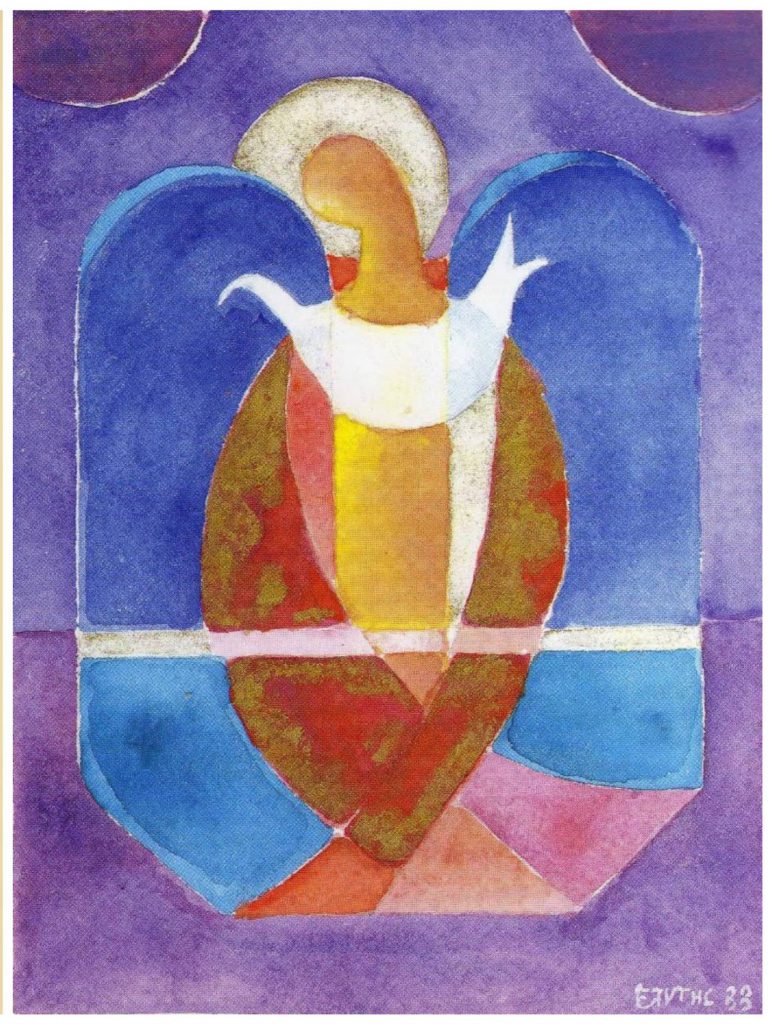
Rutgers offers a wide spectrum of educational and research opportunities relating to Greek language, literature, culture and history. While being home to a world renown Department of Classics that provides “a comprehensive approach to Greco-Roman antiquity” (second millennium BC to the end of the sixth century AD), Rutgers also maintains world-class academic programs in Byzantine and Neohellenic studies that allow a comprehensive study of Greek culture over the span of forty centuries.
The Modern Greek Studies Program at Rutgers is an exciting interdisciplinary effort that allows students to study the language, literature, politics, history, religion and culture of Greece through the centuries to the present. The Program offers two years of language instruction as well as advanced grammar and literature courses in Modern Greek. Many of the Program’s courses are offered in English in conjunction with the Program in Comparative Literature, the History Department, the Department of Religion and the Political Science Department. They include courses on the History of Byzantium, on Greek Christianity, on the Genesis of Modern Greece (1450-1830), on Modern Greek Politics and Society, on Modern Greek Literature, on the lives and works of Elytis and of Kazantzakis, on Odysseus in literature from Homer to Kazantzakis, and many more.
The Program currently has three full-time faculty members, Prof. Stephen Reinert, Director, (History), Prof. Tia Kolbaba (Religion), and Prof. Sarolta Takacs (Classics), as well as a number of part-time lecturers (Katerina Kourti-Gavalas, John Delaurentis, Michael Rossi, Elektra Kostopoulou, Nikos Michailides, and others).
Mission of the Elytis Chair Fund at Rutgers The State University of New Jersey
The Elytis Chair Fund is a non-profit organization that was founded in February of 1989 specifically “for the purpose of promoting, encouraging, and financially supporting Neohellenic Studies… at Rutgers, The State University of New Jersey.”
Funds that were raised over the years, from the contributions of the Greek-American Community of New Jersey, have provided the financial base that has sustained, and continues to sustain without any interruption, the Modern Greek Studies Program at Rutgers University.
